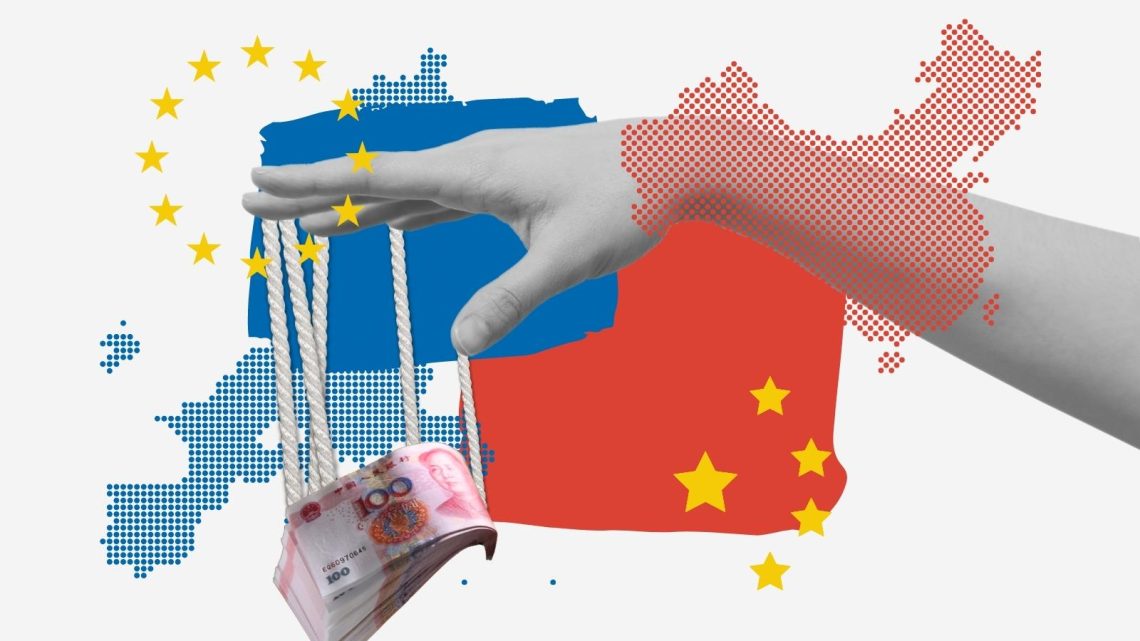
China to Relax Market Access and Strengthen National Market Integration
August 2, 2024China is poised to introduce significant reforms aimed at enhancing its market access system and fostering a more unified national market. Zhao Chenxin, the deputy head of the National Development and Reform Commission (NDRC), announced these initiatives during a press conference, highlighting the government’s commitment to driving economic growth and modernization with Chinese characteristics.
One of the key components of these reforms is the introduction of a new version of the market access negative list. This list, which outlines sectors and industries where foreign and domestic investments are restricted or prohibited, will be revised to allow greater flexibility and openness. Zhao noted that the NDRC is preparing to unveil a series of special measures designed to relax market access across the country. This move is expected to create a more favorable environment for a wide range of business entities, both domestic and international, and to stimulate economic activity by opening up new sectors to investment.
The decision to relax market access is part of a broader strategy to invigorate China’s economy by leveraging the innovative potential of various business sectors. By lowering the barriers to entry and simplifying the regulatory environment, the government aims to attract more private sector investment, foster entrepreneurship, and encourage technological innovation. This approach is seen as crucial for sustaining economic growth and achieving the ambitious modernization goals set by the Chinese government.
With the market access reforms, the NDRC is also focusing on creating a unified national market. Zhao emphasized that this initiative is aimed at breaking down existing barriers such as local protectionism and market segmentation, which have historically hindered the free flow of goods, services, and capital across different regions of China. By addressing these issues, the government seeks to create a more integrated and efficient market that operates under consistent regulations and standards nationwide.
The push for a unified market is aligned with the broader objective of building a stronger, more resilient economy that can better withstand external pressures and internal challenges. A unified market will not only enhance the competitiveness of Chinese businesses but also improve the allocation of resources across the country, ensuring that all regions can participate equally in the nation’s economic development.
These measures are part of a larger effort by the Chinese government to inject new momentum into its economy. Zhao expressed confidence that China possesses the necessary conditions, capabilities, and determination to meet its economic growth targets for the year. The reforms are expected to unleash a steady stream of innovative vitality and intrinsic momentum, driving forward the country’s ongoing modernization efforts.
The NDRC’s initiatives reflect China’s strategic focus on long-term economic stability and growth. By relaxing market access and fostering a unified national market, China is positioning itself to navigate the complexities of the global economy while continuing to pursue its unique path of modernization. These efforts underscore the government’s resolve to create a more open, dynamic, and integrated economic environment, which will be crucial for sustaining growth and achieving its broader development goals.

